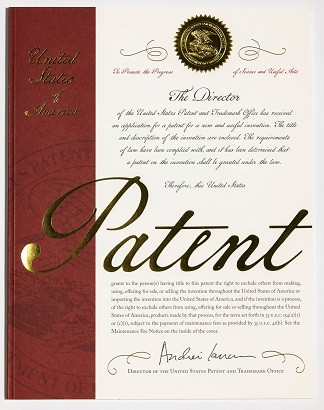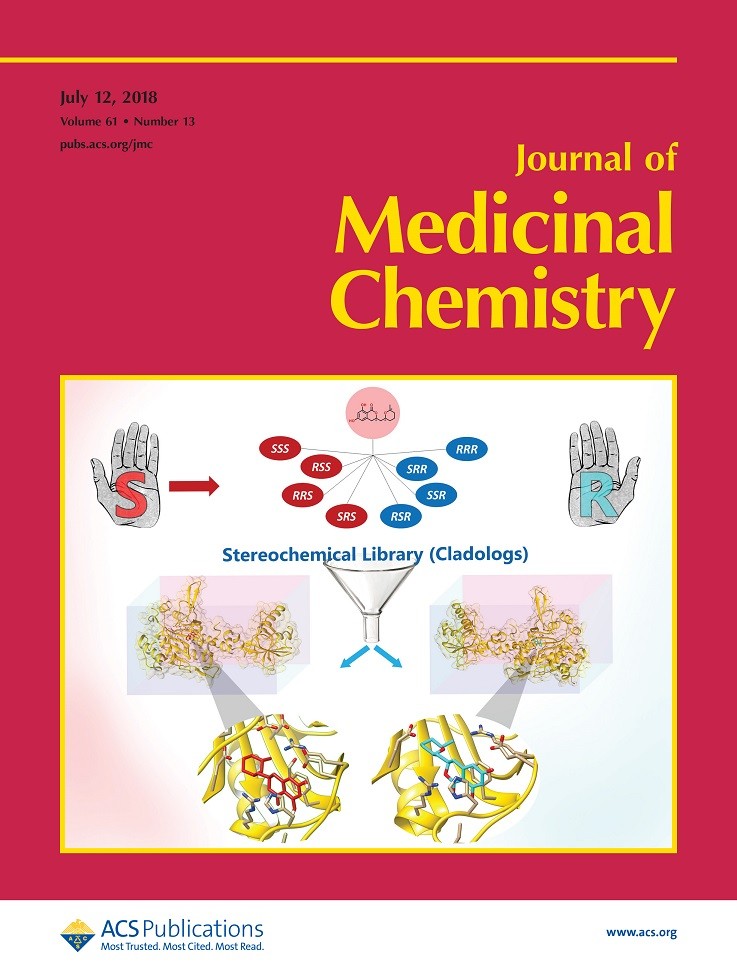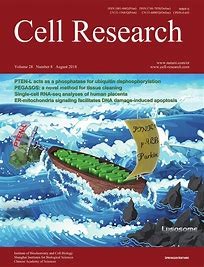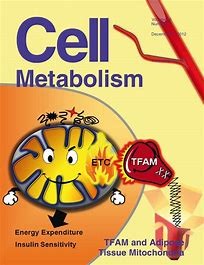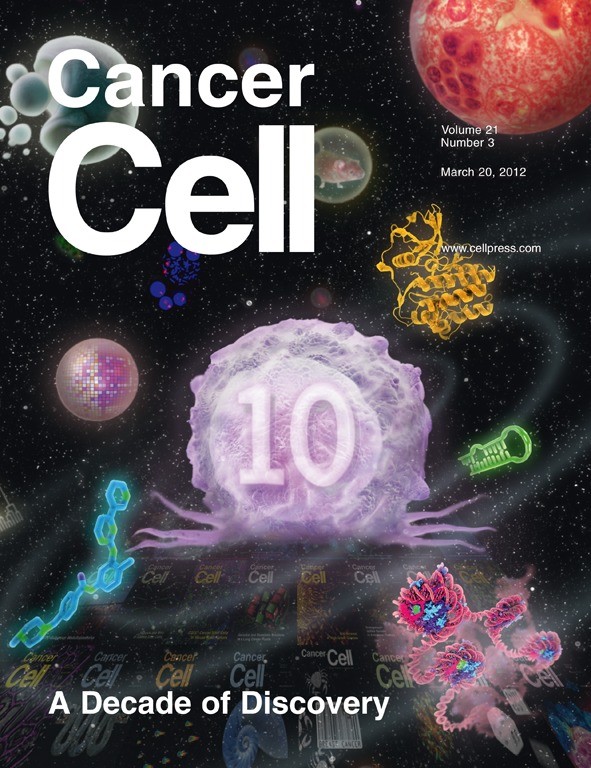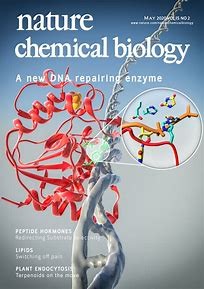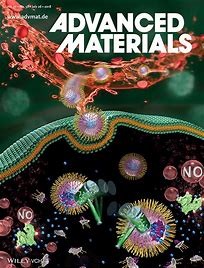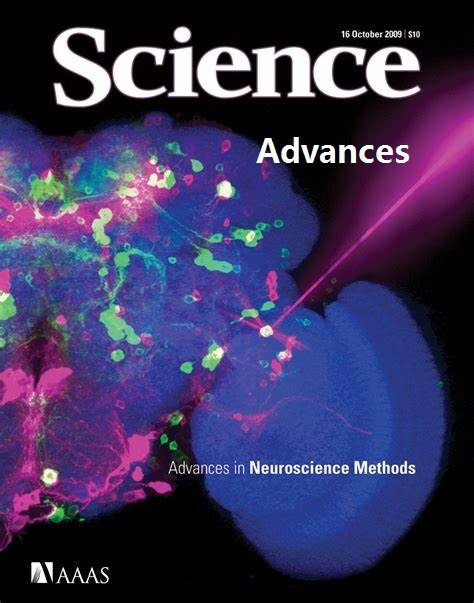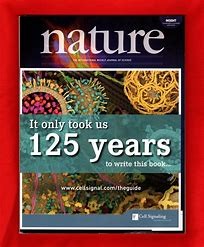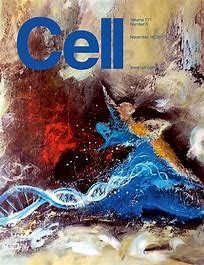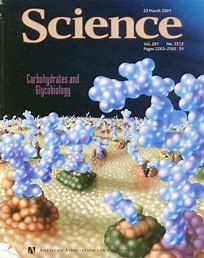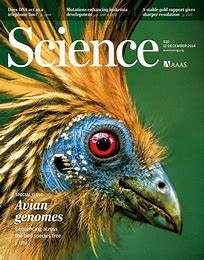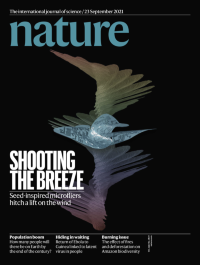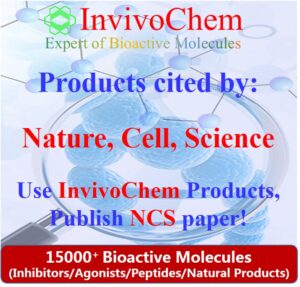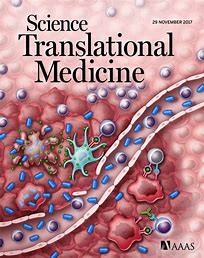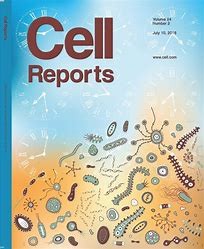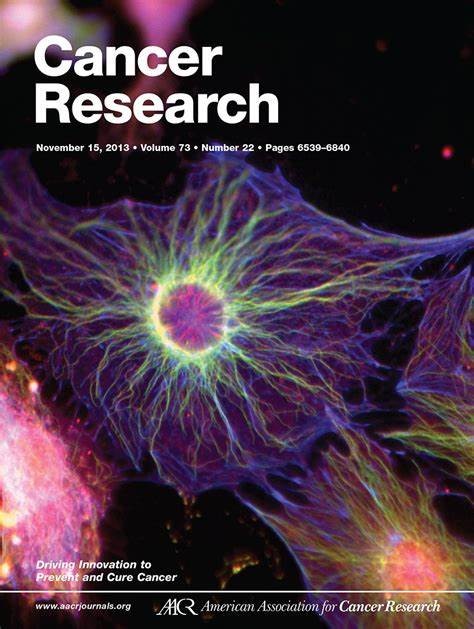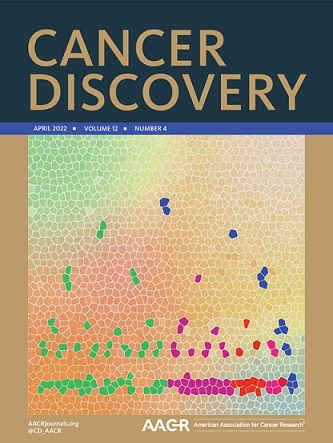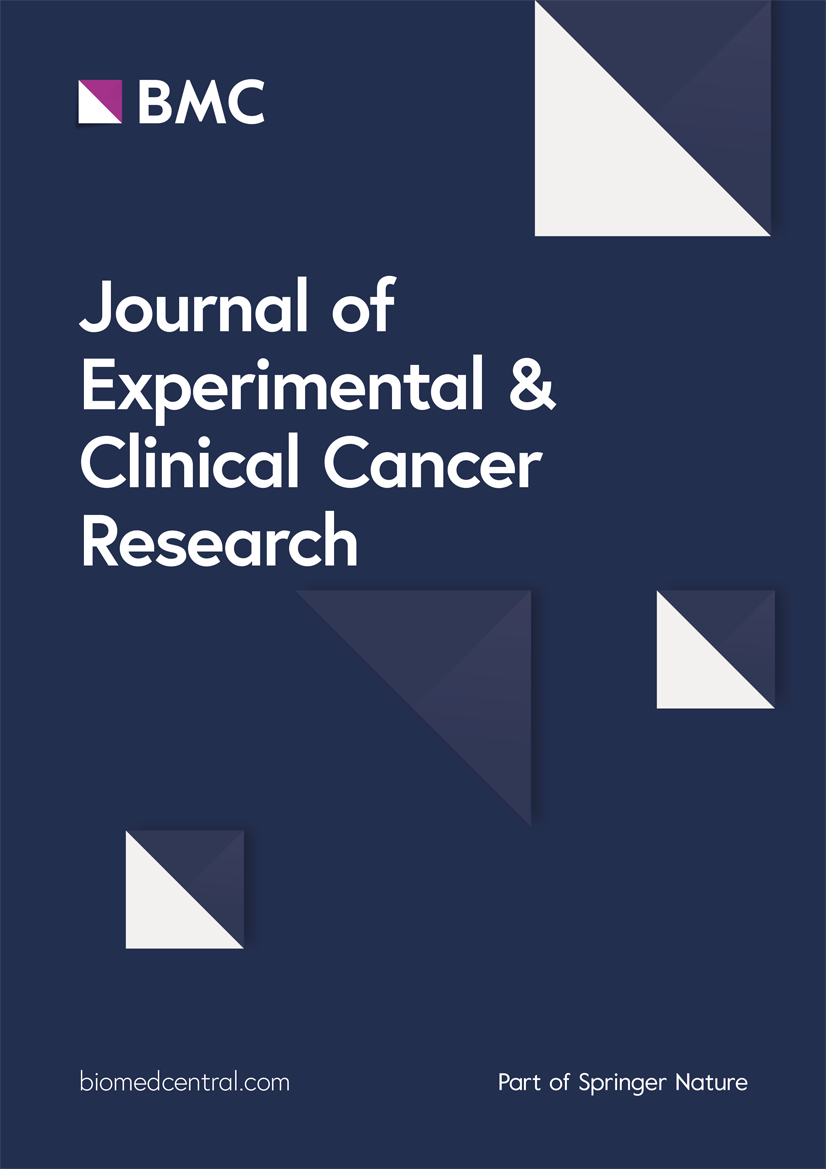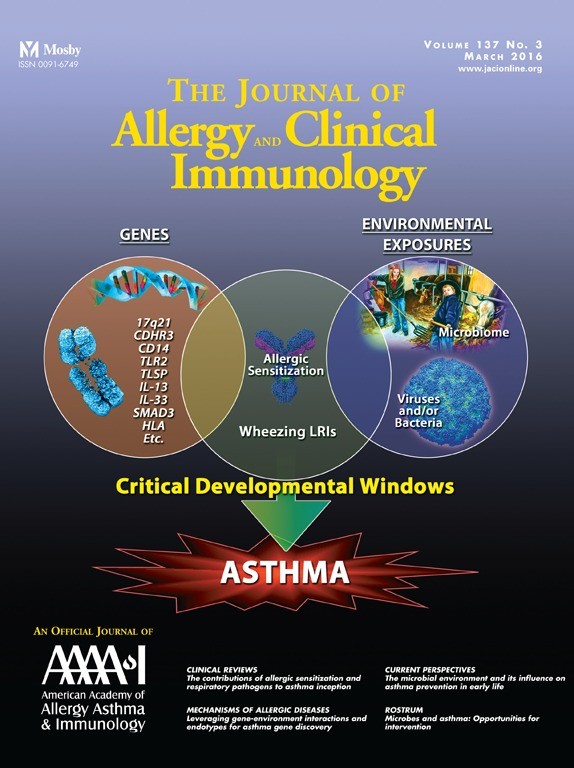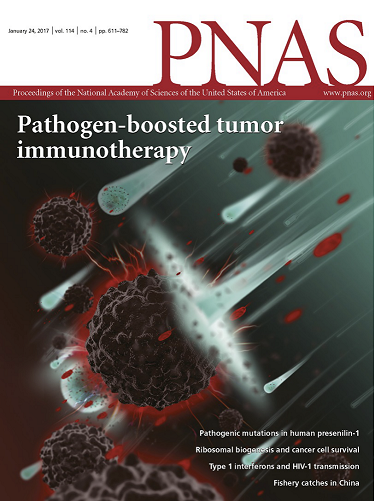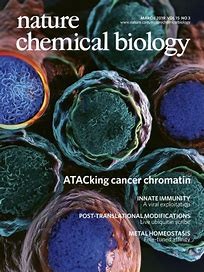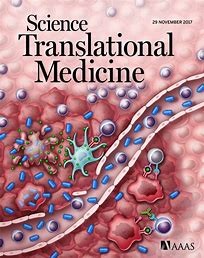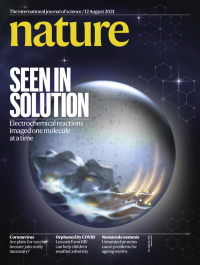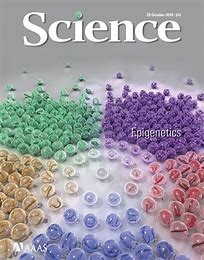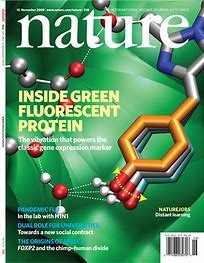INF39
This product is for research use only, not for human use. We do not sell to patients.

For small sizes, please check our retail website as below: www.invivochem.com
| Size | Price | Stock |
|---|---|---|
| 100mg | $550 | Check With Us |
| 250mg | $950 | Check With Us |
| 500mg | $1425 | Check With Us |
Cat #: V2031 CAS #: 866028-26-4 Purity ≥ 98%
Description: INF39 (INF-39; INF 39), an acrylate derivative, is a potent, irreversible and nontoxic inhibitor of NLRP3 with potential anti-inflammatory activity.
Top Publications Citing Invivochem Products
Publications Citing InvivoChem Products
Product Promise

- Physicochemical and Storage Information
- Protocol
- Related Biological Data
- Stock Solution Preparation
- Quality Control Documentation
| Molecular Weight (MW) | 224.68 |
|---|---|
| Molecular Formula | C12H13ClO2 |
| CAS No. | 866028-26-4 |
| Storage | -20℃ for 3 years in powder formr |
| -80℃ for 2 years in solvent | |
| Solubility In Vitro | DMSO: >10 mMr |
| Water: NAr | |
| Ethanol: NA | |
| SMILES Code | ClC1=C(CC(C(OCC)=O)=C)C=CC=C1 |
| Synonyms | INF-39; INF39; INF 39 |
| Protocol | In Vitro | INF39 is able to significantly inhibit ATP- and nigericin-induced IL-1β release at 10 μM. INF39 reduces caspase-1 activation and pyroptosis in the macrophages. INF39 can block not only NLRP3 activation but also the NF-κB pathway. INF39 potentially reacts with Cys-SH residues in the active site of cysteine protease caspase-1, but does not directly target caspase-1 activity. INF39 is able to reduce the steady state (or basal) BRET signal of NLRP3 without affecting the viability of cells, meaning that it can interfere with the basal NLRP3 conformation. INF39 does not block the initial conformational changes suffered by NLRP3 upon sensing the decrease of intracellular K+; however, it affects a second step of NLRP3 conformational change that could be related with the ATPase activity of the receptor and be independent of the decrease of intracellular K+. INF39 reaches the intestinal epithelium without undergoing chemical modifications. After absorption into epithelial cells, it is likely to act locally at the mucosal epithelial level. |
|---|---|---|
| In Vivo | Oral administration of INF39 reduces systemic and colonic inflammation in rats treated with 2,4- dinitrobenzenesulfonic acid. Significant increments of body weight are observed in inflamed rats under treatment with INF39 (12.5, 25, and 50 mg/ kg). Treatment with DNBS results in a significant increment of spleen weight (+39.3%). Such an increase is significantly reduced by administration of INF39 (+2.2, +4.3 and +4.8% at 12.5, 25, 50 mg/kg, respectively). The inhibition of NLRP3 inflammasome complex with INF39 dose-dependently attenuates the decrease in colonic length (−19, −13 and −8% at 12.5, 25, 50 mg/kg, respectively). Rats treated with INF39 displays a significant reduction of macroscopic damage score (4.7 at 12.5 mg/kg, 3.1 at 25 mg/kg, and 2.8 at 50 mg/kg). Oral administration of INF39 reduces colonic myeloperoxidase, IL-1β, and TNF Levels in DNBS-treated rats. |
These protocols are for reference only. InvivoChem does not
independently validate these methods.
| Solvent volume to be added | Mass (the weight of a compound) | |||
|---|---|---|---|---|
| Mother liquor concentration | 1mg | 5mg | 10mg | 20mg |
| 1mM | 4.4508 mL | 22.2539 mL | 44.5077 mL | 89.0155 mL |
| 5mM | 0.8902 mL | 4.4508 mL | 8.9015 mL | 17.8031 mL |
| 10mM | 0.4451 mL | 2.2254 mL | 4.4508 mL | 8.9015 mL |
| 20mM | 0.2225 mL | 1.1127 mL | 2.2254 mL | 4.4508 mL |
The molarity calculator equation
Mass(g) = Concentration(mol/L) × Volume(L) × Molecular Weight(g/mol)
Mass
=
Concentration
×
Volume
×
Molecular Weight*
The dilution calculator equation
Concentration(start)
×
Volume(start)
=
Concentration(final)
×
Volume(final)
This equation is commonly abbreviated as: C1 V1 = C2 V2
Concentration(start)
C1
×
Volume(start)
V1
=
Concentration(final)
C2
×
Volume(final)
V2
Step One: Enter information below
Dosage mg/kg
Average weight of animals g
Dosing volume per animal µL
Number of animals
Step Two: Enter the in vivo formulation
%DMSO
+
%
+
%Tween 80
+
%ddH2O
Calculation Results:
Working concentration:
mg/ml;
Method for preparing DMSO master liquid:
mg
drug pre-dissolved in
µL
DMSO(Master liquid concentration
mg/mL)
,Please contact us first if the concentration exceeds the DMSO solubility of the batch of drug.
Method for preparing in vivo formulation:
Take
µL
DMSO master liquid, next add
µL
PEG300, mix and clarify, next add
µL
Tween 80,mix and clarify, next add
µL
ddH2O,mix and clarify.
Note:
- (1) Please be sure that the solution is clear before the addition of next solvent. Dissolution methods like vortex, ultrasound or warming and heat may be used to aid dissolving.
- (2) Be sure to add the solvent(s) in order.
